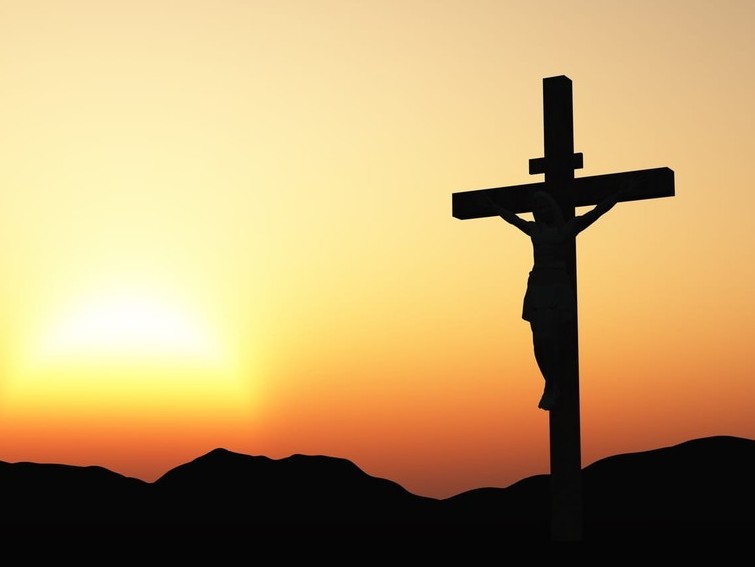The Rapture Jesus Prophecy Sparks Frenzy Ahead of September 23 Prediction
The rhapsody of Jesus has once again burned a worldwide storm of debate, with a bold vaticination setting religionists and sceptics on edge.
South African dominie Joshua Mhlakela claims that Jesus will return on 23 – 24 September 2025, coinciding with the Jewish jubilee of Rosh Hashanah.
His communication has been shared across social media, leaving millions asking a simple but agitating question: Could this really be the day of the rhapsody?
What Exactly Is the Rapture?
The term “Rapture” comes from the Latin “Rhapsody,” meaning “caught up, ” and refers to a moment described in 1 Thessalonians 4:17, where believers are swept into the air to meet Jesus.
For numerous Christians, it represents an unforeseen rapture of the faithful before a period of immense suffering known as the Tribulation.
This isn’t to be confused with the Alternate Coming of Jesus, which is viewed as a visible return to rule the earth. The distinction energies ongoing debates within theology and church communities.
A Spectrum of Beliefs
Not all Christians agree on when, or indeed if, the rhapsody will be. Pre-tribulation religionists expect to be taken before any global chaos begins.
Others argue it will occur mid-way or even after the Tribulation, with some Protestant groups merging it with the Second Coming itself.
Catholic and Orthodox traditions largely avoid the concept altogether, focusing instead on a final resurrection and judgement.
That was the striking call from Mhlakela, who insists the prophecy is certain and linked to the sacred timing of Rosh Hashanah. “Prepare, because this is the end of the current age,” he declared in a sermon that has since gone viral.
His communication exploded across TikTok and X( formerly Twitter), where hashtags similar to #RaptureSept23 drew millions of views.
Some religionists have reportedly left jobs, vended effects, and made spiritual commitments in expectation. Others mock the idea as another failed doomsday warning.
Social Media in Overdrive?
The online conversation splits into three clear camps:
- Faithful followers treat the prophecy as a divine warning.
- Sceptics cite biblical passages that state “no one knows the hour.”
- Casual commentators flood feeds with memes and light-hearted jokes about being “left behind.”
This digital swirl reflects a modern twist on an ancient expectation—prophecy meets viral culture.
Why the Date Matters?
For Mhlakela’s sympathizers, the timing is pivotal. Rosh Hashanah carries deep biblical symbolism, frequently linked with trumpets, judgment, and new beginnings. This, they argue, makes 23 September 2025 a befitting moment for the rhapsody Jesus read.
But history offers a cautionary tale. From Edgar Whisenant’s failed 1988 prediction to countless other forecasts, such dates have repeatedly passed without incident.
Signs of the End Times
Despite once bummers, numerous points to the moment’s turbulent world as substantiation that “ this is the end. ” Wars, afflictions, climate heads, and moral decline are frequently cited as evidence that the timepiece is ticking.
Whether one views these events as predictive signs or natural cycles, the seductiveness endures. The rapture Jesus believers speak of may remain uncertain, but the global conversation it sparks shows no sign of slowing.






